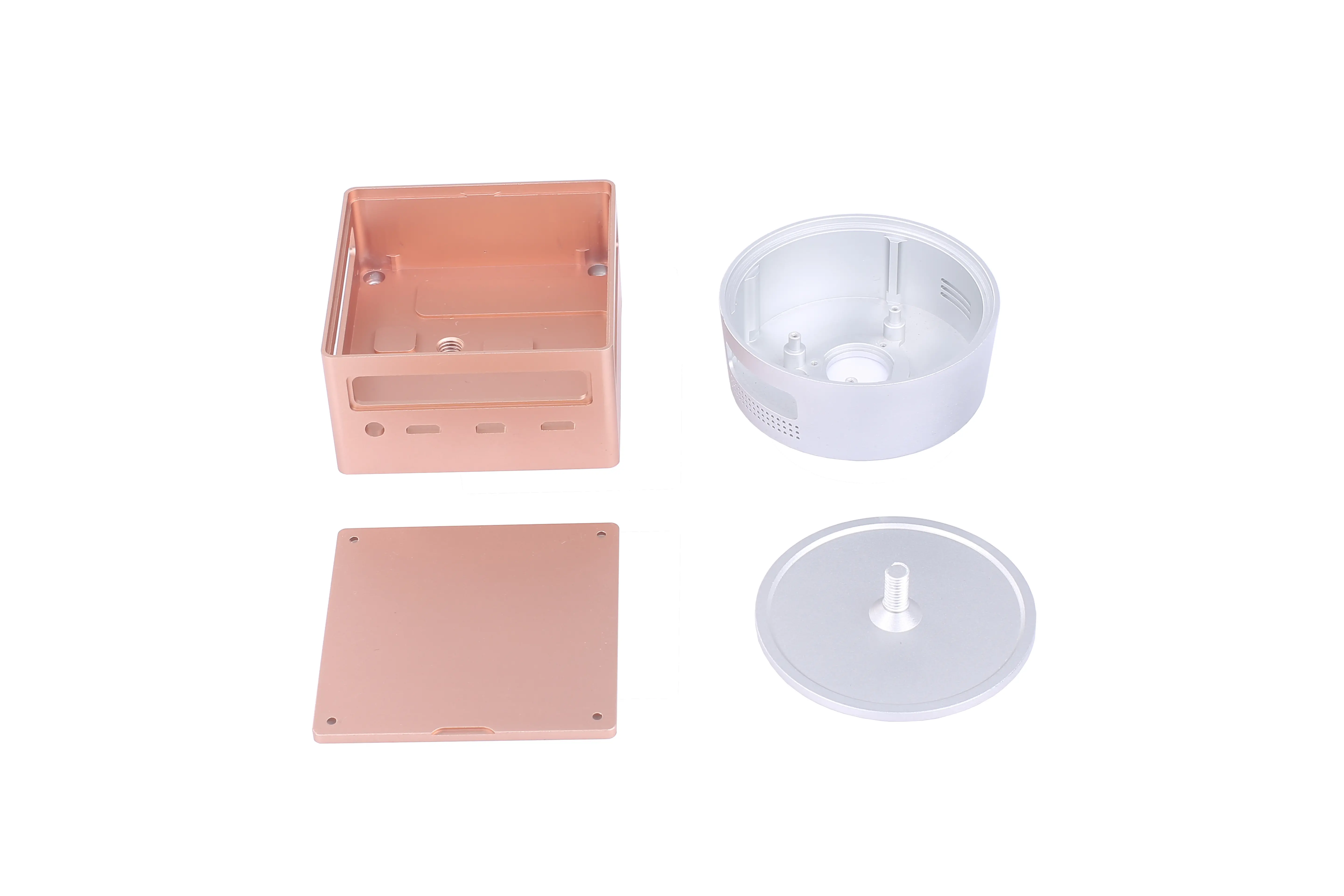2022-07-08
Best Precision Co. is a precision machine business that specializes in CNC-machined products made from standard and unusual metals with complicated geometry that meet or surpass the most stringent tolerances. In our CNC machining process, we use cutting-edge machine equipment and cutting tools to accurately remove material and create final items that meet specifications. We are a dependable Tier 1 provider of high-quality prototypes and large-scale production runs of precision metal components to top OEMs in a variety of industries. With a large machining capacity, various CNC lathes and CNC milling machines managed special processes integration, and cost-effective turnkey manufacturing solutions, Best Precision Co sets itself apart from most machine shops.

There are countless machine combinations, theoretical designs, cutting speeds, dimensions, and machinable materials available in CNC machining. Not all designs, however, are compatible with all machining techniques; similarly, not all features can be machined to every dimension, and not all material types may be machined at any speed. Combining incompatible designs and speeds, as well as features and dimensions, would almost certainly result in a safety issue or failure.
As a result, standards have been developed to act as machining process guides. Some of these standards were developed by a combination of trial & error and experience, while others were developed after extensive research. Furthermore, certain standards are recognized by the International Standard Organisation (ISO), and others are unofficial but well-known standards that differ significantly from one CNC machining provider to the next.
A machinist uses machine tools to make precision metal parts by cutting metal shavings from a spinning material or by clamping the material in a vise and specific fixture and rotating or reciprocating the cutting tool as it removes metal shavings. Always use a cutting instrument that is harder and tougher than the material to be cut. Drill presses, lathes, vertical and horizontal milling machines, cylindrical and surface grinders are all the basic chip-producing machine tools that machinist trainees get familiarity with.
They gain knowledge of the properties and behavior of steels, cast irons, aluminum, brasses, and other exotic materials as they operate the machine tools, allowing them to meet all part specifications such as threads, slots, hole diameters, and shoulders, which the quality department must compare to the drawing and approve or reject. Creating a part generally necessitates multiple processes and the use of more than one machine tool. Calculations for cutting speeds and chip loads for the material to be machined must be made.
The pieces manufactured could be one-of-a-kind or part of a large-scale, repeating production run. Because machinists stand for the majority of the day and may be required to lift relatively heavy workpieces and machine tool accessories, the profession requires stamina.
Skills in mathematics and blueprint reading are required to work as a machinist or CNC programmer. Many modern machines are computer numerically controlled (CNC), which means that the machinist must configure the machine tools and position them in place before cutting can begin. CNC machines allow machinists to be more productive and make items at a speed and precision that traditional machining processes cannot always match. Furthermore, because the program records precise movements, this high degree of precision may be routinely duplicated.
CNC machining is a production method in which predefined computer codes direct the operation of machineries such as a grinder, milling machine, or lathe.
CAM software aids in the generation of these codes from CAD drawings. This software uses a set of codes to control every step of the machining process. From feed rate to tool distance, CNC machining requires little to no human interaction.
CNC machines include a variety of features, including multi-axis capabilities and computer control. A CNC lathe, for example, can function in a variety of ways by cutting in circular directions. Manufacturers can complete complex production processes using innovative tools such as plasma cutters, water jet cutters, and CNC mills.
The most significant benefit provided by these machines is their capacity to conduct multiple procedures in a row with no changes to the settings, thinning out the possibility of human error.
In comparison to traditional and conventional machining processes, CNC machining has the following advantages in manufacturing:
CNC machines, when combined with advanced design software, produce outputs that are indistinguishable from those produced by manual machines. CNC machines can make components in any size, shape, or texture. Best of all, a tabletop CNC mill can deliver maximum performance while taking up the smallest amount of space.
To complete production duties, CNC machining needs a smaller crew. Most autonomous CNC machines can be operated by a single experienced operator, and they can be loaded with the appropriate designs by a single programmer.
Labor savings can be passed on to customers, allowing you to gain a competitive advantage.
How CNC Precision Engineering Enhances Quality And Performance